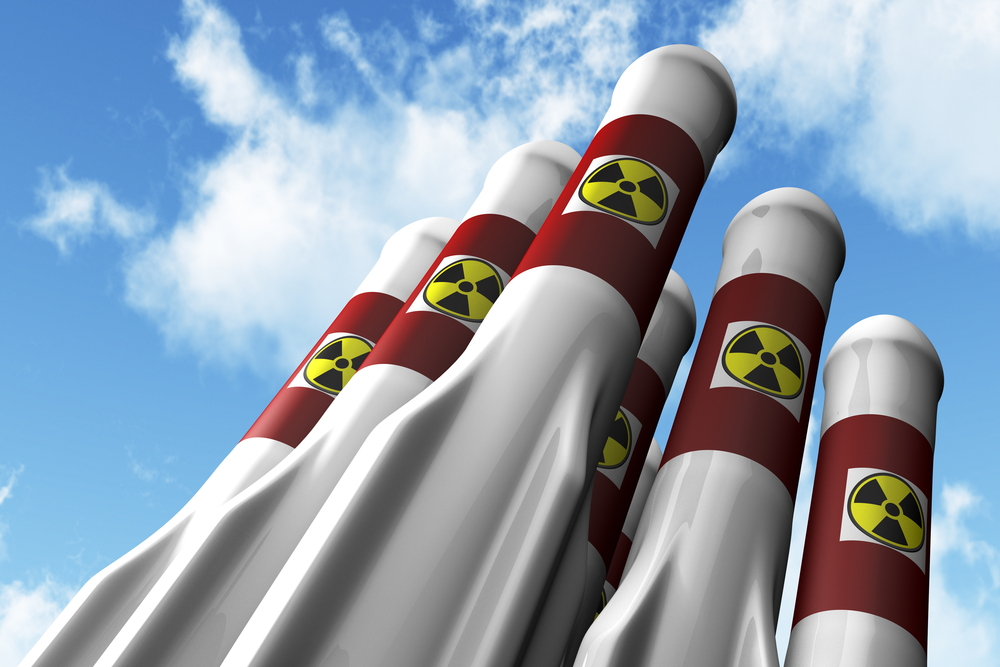
The Consortium for Verification Technology highlighted how students from partner universities contribute to nuclear nonproliferation research conducted at national laboratories during a recent annual meeting held at the University of Michigan.
Through the Consortium for Verification, the National Nuclear Security Administration (NNSA) collaborates with 12 universities and nine national laboratories to support the development of new technologies, instruments and human capital that enhance nonproliferation efforts.
The consortium’s annual meeting, which was held on Nov. 28, featured more than 30 scientific presentations, poster exhibitions and discussion of topics surrounding nonproliferation and nuclear security trends.
“National laboratory partners provide students with a conduit to leading researchers and opportunities to perform experiments using high-tech instruments and other lab resources through visits and internship programs,” an NNSA release stated. “Lab representatives highlighted how research from consortium students directly contributes to current work at the laboratories.”
In addition to support for basic research, the Consortium for Verification Technology helps close the nonproliferation knowledge gap between academia and the Department of Energy’s national laboratory system. It also offers post-graduate opportunities at national laboratories and research organizations for students pursuing careers in nonproliferation and nuclear security.
A five-year, $25 million grant administered by the NNSA Office of Defense Nuclear Nonproliferation supports the consortium’s research efforts.




